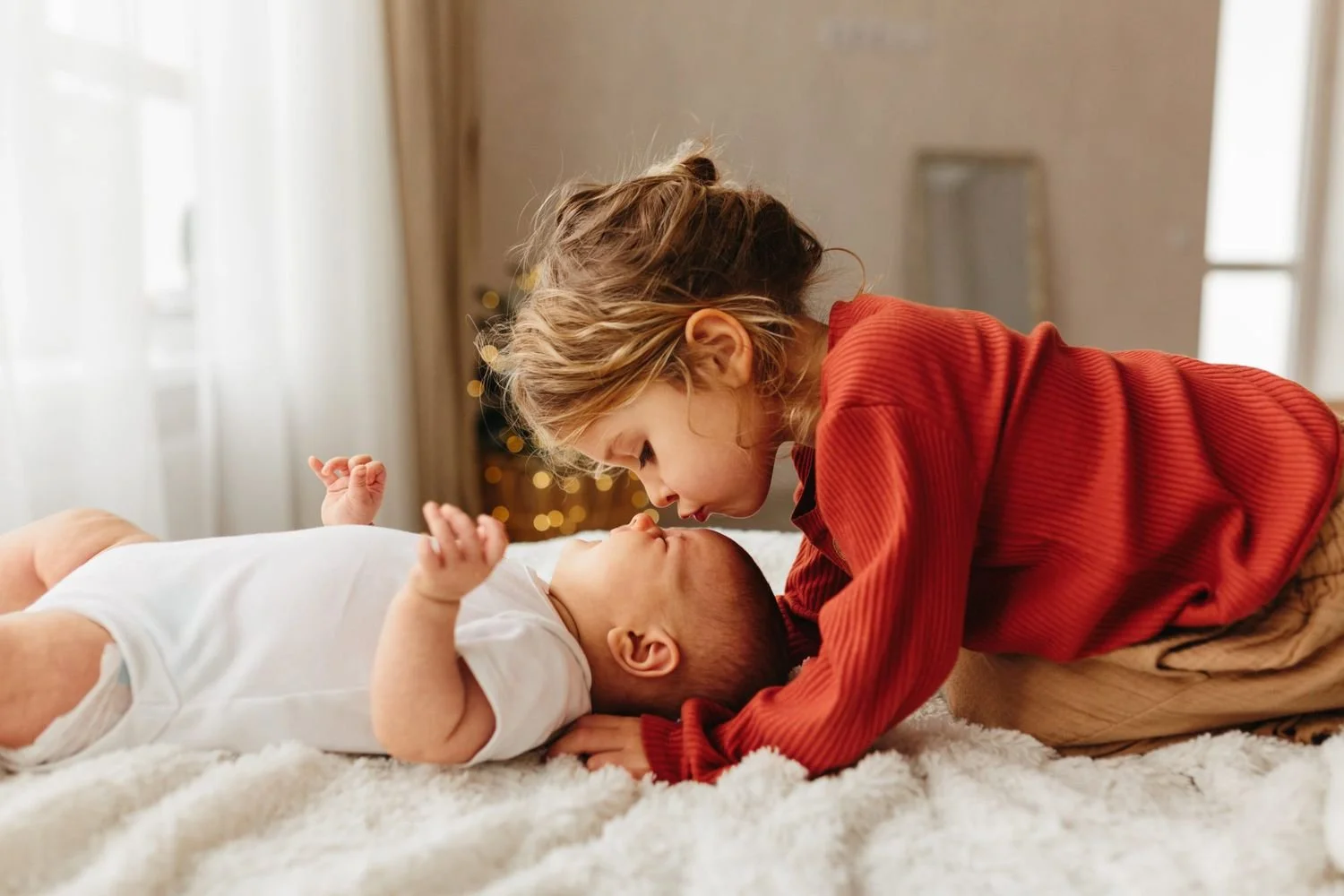Baby Club
AGES (0 to 3 years)
In the first three years, the child is considered to be a subconscious learner. During this period, children learn through their senses of smell, taste, touch, and sight. It is essential to offer children enough stimuli to keep them engaged and focused. The Montessori curriculum for infants aged 0 to 3 years emphasizes the development of problem-solving skills, language, concentration, and coordination.

The Nido Program, designed for infants aged 2 to 18 months
Montessori Nido Classroom, which translates to "nest" in Italian. This classroom provides a peaceful setting where infants can freely move around.
Parents have the option to participate in a Baby-class to further bond with their growing infant.
In this environment, infants can explore and interact with parents, teachers, objects, and other infants. The classroom is equipped with specially designed infant-sized chairs, rugs, tables, and Montessori Work Mats.
Additionally, the classroom provides materials such as a Music Box for auditory stimulation, Monari, Gobbi, and Octahedron mobiles for visual development, and Montessori Wooden Toys, interlocking circles, rubber figures, and beads for grasping materials. Rings, bells, and home objects are also used during the educational process to help develop the child's gross motor skills and coordination.
The Early Childhood Program (18 months to 3 years)
It is crucial to offer toddlers in the early stages of development with opportunities for autonomy and self-reliance. The Montessori curriculum aims to support the enhancement of both motor and language abilities in young children.
The Early Childhood Program Curriculum
The child learns:
Fundamental self-care skills
Organization, discipline
Personal cleanliness
Physical coordination
Self-awareness
In a Montessori classroom, children are provided with child-sized furniture and beds to support their development.
The toddler program includes activities such as:
Self-care and hygiene
Bathroom use, dressing, eating, using utensils.
Gross motor skill development
Classroom cleaning, snack preparation, table setting.
Environmental care
Balance, walking, running, jumping, climbing stairs.
Fine motor skills
Pencil grip, object manipulation, object transfer, artistic activities.
Language skills
Greetings, object identification, conversations, picture recognition, music appreciation.
Social skills
Interaction with peers, teachers, adults, and parents.



